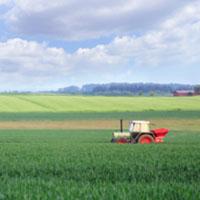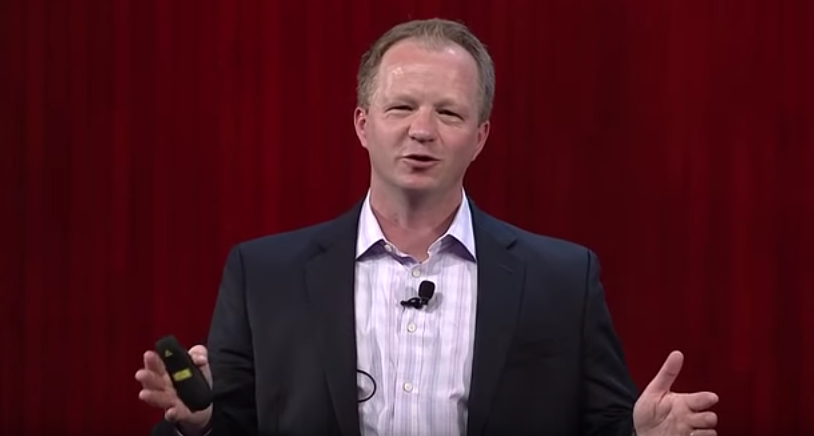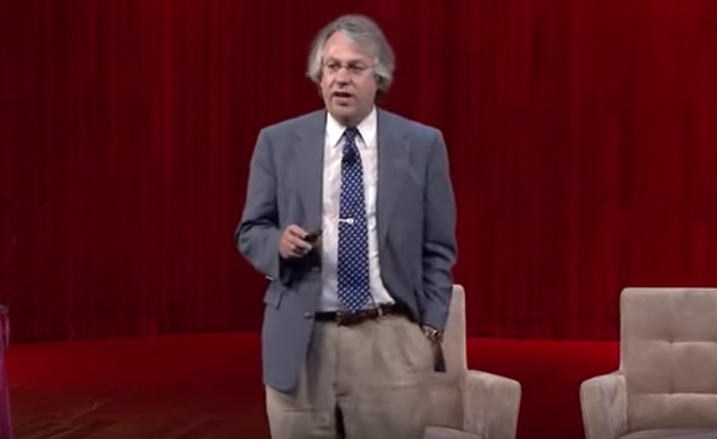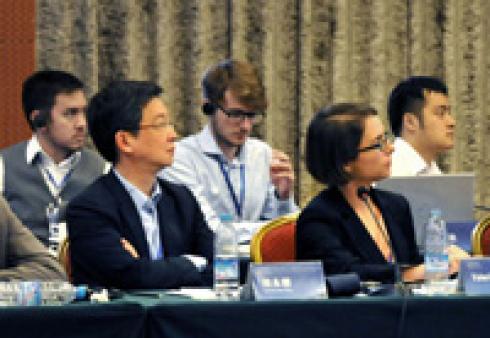News + Media

CBS NEWS || As our need for food rises, our ability to produce that food may be lowered by climate and air quality changes, according a to a study just published in Nature Climate Change.

MIT study finds that sectoral regulations will not cut emissions enough to substantially limit climate change, but are a good first step toward phasing in a price on carbon.

Climate change could pose an even greater threat to global food production than previously thought, according to new research. Rising temperatures will not only damage heat-sensitive crops – they’ll also increase toxic air pollution, which will harm crops even further.

Thomson Reuters || Controlling air pollution could help curb projected declines in global food supplies, a new study says, suggesting policymakers should consider both climate change and ozone pollution in efforts to ensure the world has enough food.

Ozone and higher temperatures can combine to reduce crop yields, but effects will vary by region.

Huffington Post || Ozone pollution, which worsens breathing problems and causes air quality warnings, may compound global warming's damage to the world's food crops, according to a new study.

Human life has been so remarkably successful that its sustainability has become the major challenge of our age. Meeting energy needs in a sustainable fashion will require not only bringing together investors, corporations, scientists, and policy makers but new ways of thinking. Can economics be...

Kerry Emanuel at MIT EAPS Tech Day 2014. Assessing the current understanding of the major climate processes and proposing new directions for climate research.

Report finds China’s CO2 emissions could decrease in the coming decades if the country accelerates its energy and climate policies.

New research examines regulations to cut carbon emissions and finds benefits to cap and trade system.

